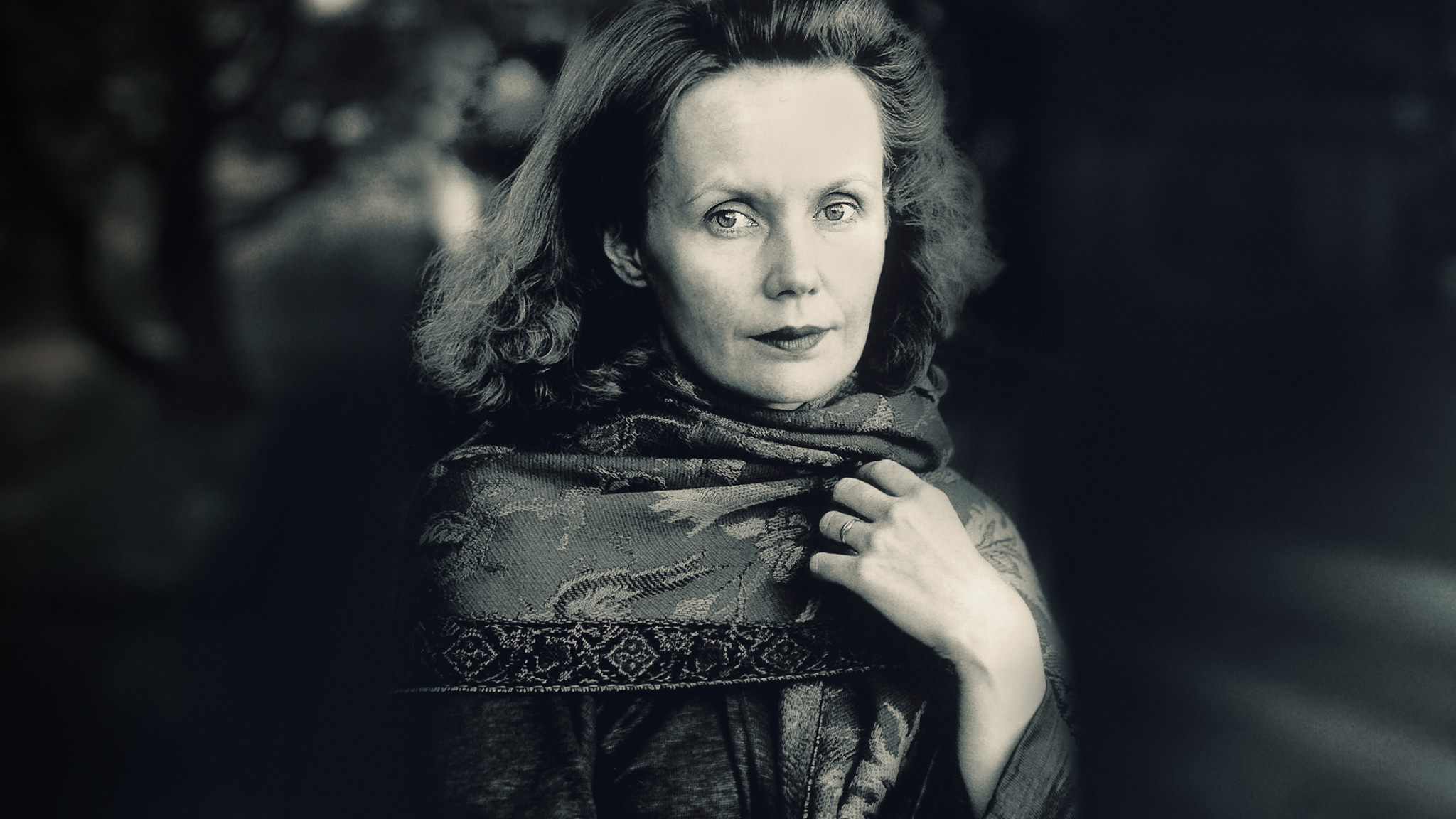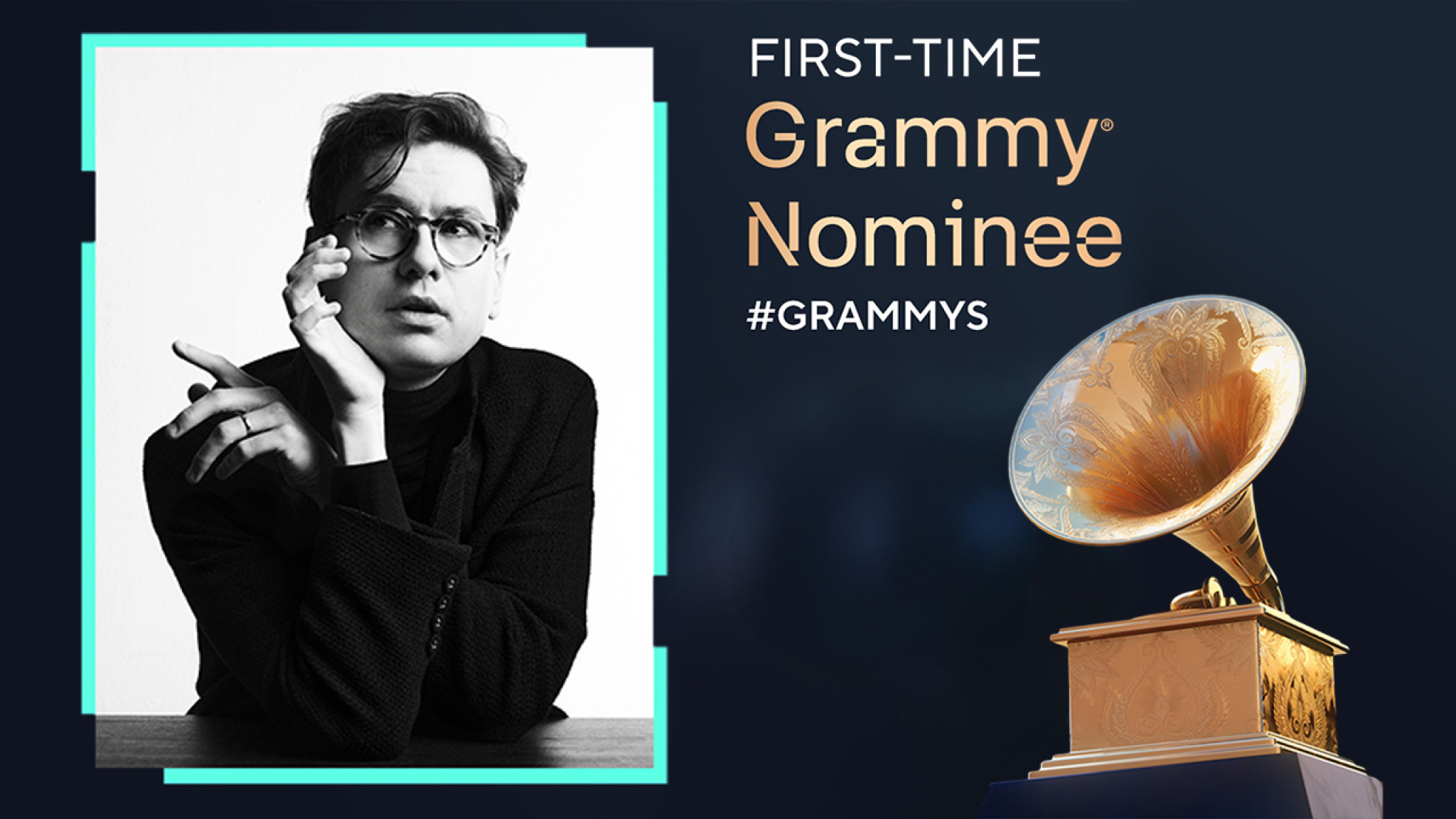World Premiere Recording of Kaija Saariaho’s Adriana Mater, Performed by Esa-Pekka Salonen and the San Francisco Symphony, Out Today

Deutsche Grammophon announces the world premiere recording of Kaija Saariaho’s Adriana Mater, performed by the San Francisco Symphony and conducted by Saariaho’s lifelong friend Esa-Pekka Salonen. The composer’s second opera – and second collaboration with Lebanese-born French writer Amin Maalouf – Adriana Mater is an intensely moving work exploring the relationship between a mother and her son in a war-torn country as they navigate the violence that defines their past and present, and threatens to claim their future. This recording captures a June 2023 performance of a staged production directed by Peter Sellars, delivered mere days after the composer’s passing; mezzo-soprano Fleur Barron sings the title role, in a cast that also includes Axelle Fanyo (Refka), Nicholas Phan (Yonas) and Christopher Purves (Tsargo). Adriana Mater is available digitally worldwide; a physical edition will follow in 2025.
In an unnamed country on the brink of war, a young woman, Adriana, spurns the aggressive drunkard Tsargo with the support of her sister Refka. Some time later, Tsargo – now a soldier – returns and threatens Adriana at gunpoint; after an unseen assault, she is revealed to be pregnant with his child. Despite Refka’s efforts to convince her otherwise, Adriana chooses to continue with the pregnancy; both are anxious about the kind of man the child may grow up to be. Seventeen years later, Adriana’s son Yonas uncovers the truth of his conception. Furious at this discovery, he sets off to confront and kill Tsargo but is overcome by pity when he discovers that the man is now blind and flees the scene. In the aftermath, he confesses to Adriana that he was unable to avenge her and begs for her forgiveness. But in place of weakness, Adriana sees salvation: Yonas is truly her son.
Both the premise of the opera and its musical material find inspiration in Saariaho’s and Maalouf’s respective life experiences: Saariaho’s motherhood, and Maalouf’s firsthand experience of the Lebanese Civil War. “As a starting point for our second collaboration, I told Amin Maalouf about the powerful experience I’d had when I was pregnant with my first child, the sensation of two hearts beating in my body,” Saariaho wrote in her composer’s note. “Amin contributed a subject that was also essential to him on a personal level: war and violence. As the idea of two hearts and their rhythmic polyphony was one of the first thoughts we had about the opera, it also naturally became a musically omnipresent element. The different rhythms and tempos of the characters were always present in my compositional work: I had sketched them out in advance and used them as matrices for the music.”
In addition to the unique rhythms that she composed for the characters, Saariaho also gave each role’s vocal lines a unique relationship with the orchestra. “Adriana’s orchestration is dark and dramatic, harmonically rich,” she wrote. “The harmonic texture of Refka, the sister, is more limited vertically, but very broad in range. Where Adriana often sings at the peak of her texture, Refka’s vocal part is written at the heart of her orchestration, between high and low instrumental lines. Tsargo’s music is rhythmical, greyer in timbre than the others, and his vocal line is often followed by the shadow of low strings. The clear, energetic music of the son, Yonas, coloured by the trumpets, brightens and lightens the second act.”
The result is a living tapestry of music, as complex and tragically timeless as the subject matter itself: “It was very important to me that, although the situations and emotions of the opera are eternal and archetypal, the characters are layered, made up of multiple, contrasted feelings, thoughts and traits, both good and bad, prompting sometimes ambiguous actions,” Saariaho explained. “I attempt to light from within the infinitely complex intricacies of the relationships in which we are all entangled in our families and personal lives, and that sometimes can lead to outbursts of violence.”
Kaija Saariaho (1952–2023) was a leading voice of her generation of composers, in her native Finland and worldwide. She studied composition in Helsinki, Freiburg, and Paris, where she lived from 1982 to her death. Her studies and research at IRCAM, the Parisian centre for electroacoustic experimentation, had a major influence on her music, and her characteristically luxuriant and mysterious textures were often created by combining live performance and electronics. Saariaho’s compositions earned her many major awards; in addition to the Grawemeyer Award, the Nemmers Prize, the Sonning Prize and the Polar Music Prize, she was named Greatest Living Composer in a survey of her peers conducted by BBC Music Magazine in 2019, and two of her recordings have received GRAMMY® Awards.
Saariaho’s broadest public and critical recognition came from her work in the field of opera. L’Amour de loin (2000), Adriana Mater (2006), La Passion de Simone (2006), Émilie (2010), Only the Sound Remains (2016) and Innocence (2021) – the last of which was termed Saariaho’s “masterpiece” by The New York Times – were all warmly received at their premieres, and have enjoyed the rare privilege of global tours and multiple stage productions. Their ever-expressive treatment of voice and orchestra, as much as their commitment to renewing the form and the array of stories being represented on the largest stages, made these six very different works classics of 21st-century opera.
Both Salonen and Sellars were longtime friends and frequent collaborators of Saariaho. The June 2023 performance captured on this recording was both artists’ first time revisiting the piece since its 2006 world premiere.
“I conducted the world premiere of Adriana Mater in April 2006 at the Opéra National de Paris,” Salonen writes in the recording’s liner notes. “Peter Sellars directed the production. The rehearsal period was challenging for several reasons. The General Director of the Paris Opéra, Gerard Mortier, was mostly busy putting out fires elsewhere, and we felt often as if we had been left to our own devices. We had to do a lot of work on the balance, as Kaija had orchestrated the score (uncharacteristically) quite heavily to fill the entire massive auditorium of the Opéra Bastille, and the singers had trouble cutting through. She rewrote practically the entire score in a few weeks. The material used in building the set caused headaches and allergic reactions to many of us, including me. The final straw was that the planned first performance was cancelled a few hours before the show due to a strike. Despite all that, I was happy to be working on this powerful piece with my two close friends Kaija and Peter.
“I returned to this marvellous score eighteen years later in San Francisco as an older and much more experienced musician. We were in the middle of rehearsals with the San Francisco Symphony for the performance heard on this recording when the devastating news about Kaija’s passing reached us. To be able to share it with the world is a true consolation, and something I feel I owe to my friend who will always be one of the most important people in my life.”
Salonen’s ties to Saariaho stretch back to the late 1970s when they were both young firebrands in Finland’s new music scene. As students at the Sibelius Academy, Saariaho and Salonen were among the founders of the influential new music appreciation society Korvat Auki alongside Magnus Lindberg; a need to find conductors willing to perform the works they composed led directly to Salonen’s study of, and subsequent career in, conducting.
In the decades that followed, Salonen and Saariaho crossed musical paths on numerous occasions. In addition to Adriana Mater, Salonen has conducted world premiere performances of four of Saariaho’s other works: Château de l’âme (1996), Song for Betty (2001), Cinq reflets (2002), and Lumière et Pesanteur (2009). He has often programmed their works together as well – for instance, in the 2011 world premiere of his piece Nyx, which was programmed alongside Saariaho’s D’Om le Vrai Sens and his own Giro and LA Variations. In 2016, Salonen led the New York Philharmonic in an extensive survey of Saariaho’s work at the Park Avenue Armory, and in 2021 he conducted her flute concerto Aile du songe as the centrepiece of his 2021 San Francisco Symphony programme “Exotic Birds”. Salonen has recorded several of Saariaho’s works, including La Passion de Simone, L’Amour de loin (on DVD for Deutsche Grammophon), and Du cristal…à la fumée, among others.

